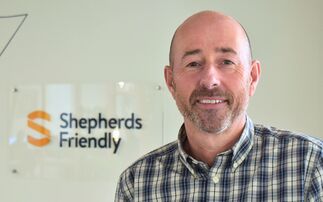So, you haven't sold income protection to your clients. What's the worst that can happen? According to John Bridge, an awful lot...
The point is despite these unknowns, the protection of income is a vital consideration in the financial planning process for all. Products must inevitably be made more simple and flexible to suit the changing needs of clients. Flexibility and simplicity is fine, but what about actuarial considerations and the long-term claim? COVER 360 stated that in the opinion of IFAs, product providers do not provide sufficient support to help their clients who make a claim to return to work, although many product providers offer rehabilitation and proportionate benefit.
Support for the claiming client and back-to-work assistance will help the movement of cases away from claims. This is a desirable outcome for the client the insurer and the actuary and an obvious advantage to all if the average claim period is reduced.
BETTER SAFE THAN SORRY
Yet once again, apathy rules. It is a common experience that the public in general do not undertake any form of financial planning and react to situations as they arise. There is a general reliance on the state to provide people in times of adversity. Why would we pay insurance premiums when we will probably never need to claim?
Answer: because we might need to claim!
Why do people spend money on the lottery every week when they probably won’t win?
Answer: because they might win!
Yet the chances of falling ill and losing pay are far greater that winning the jackpot.
IP is designed to put the odds in our favour if the worst happens, provided that the claim is valid and all necessary conditions are met. The fact that many insurers refuse to publish claims statistics does not help the cause.
In these austere times and David Cameron’s “Big Society”, reliance on the state is a fool’s paradise. Consider the mortgage borrower who falls ill and is unable to meet his mortgage payments. He turns to housing benefit. He may be eligible for help with his mortgage interest, not capital repayments, after a 13-week period. Payments are then only at a notional rate that are likely to be lower than the actual charged interest.
In short, one goes from no income to an interest shortfall and capital repayments that must still be found. To conclude, this newcomer believes in IP as a must-have and will play his part in convincing the 95% of doubting IFAs, along with the populace, of its vital role in bringing the peace of mind we all deserve.
John Bridge is sales and marketing director at Cirencester Friendly











